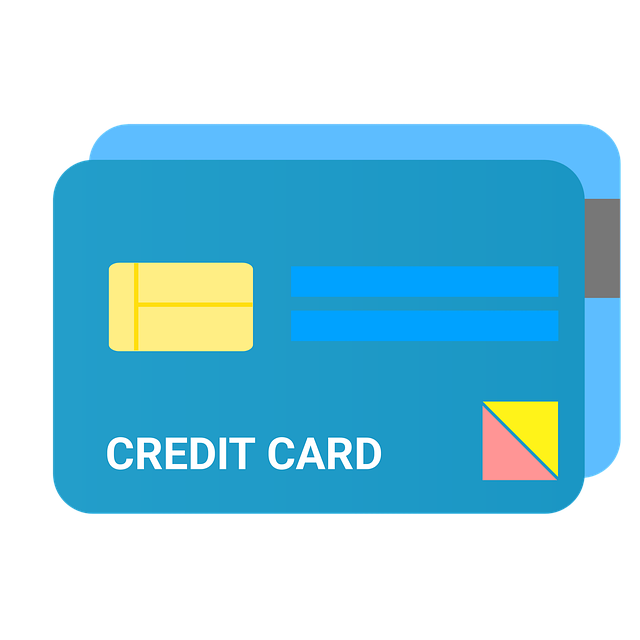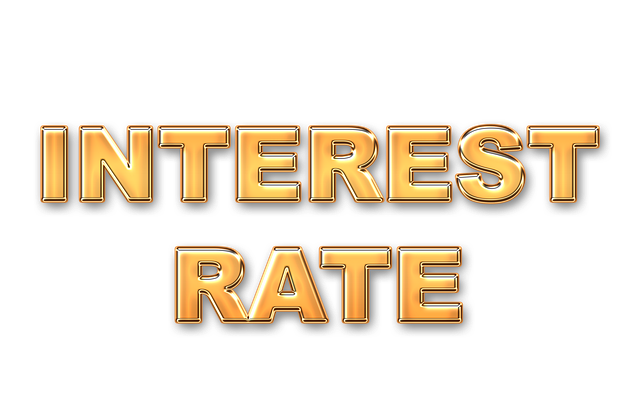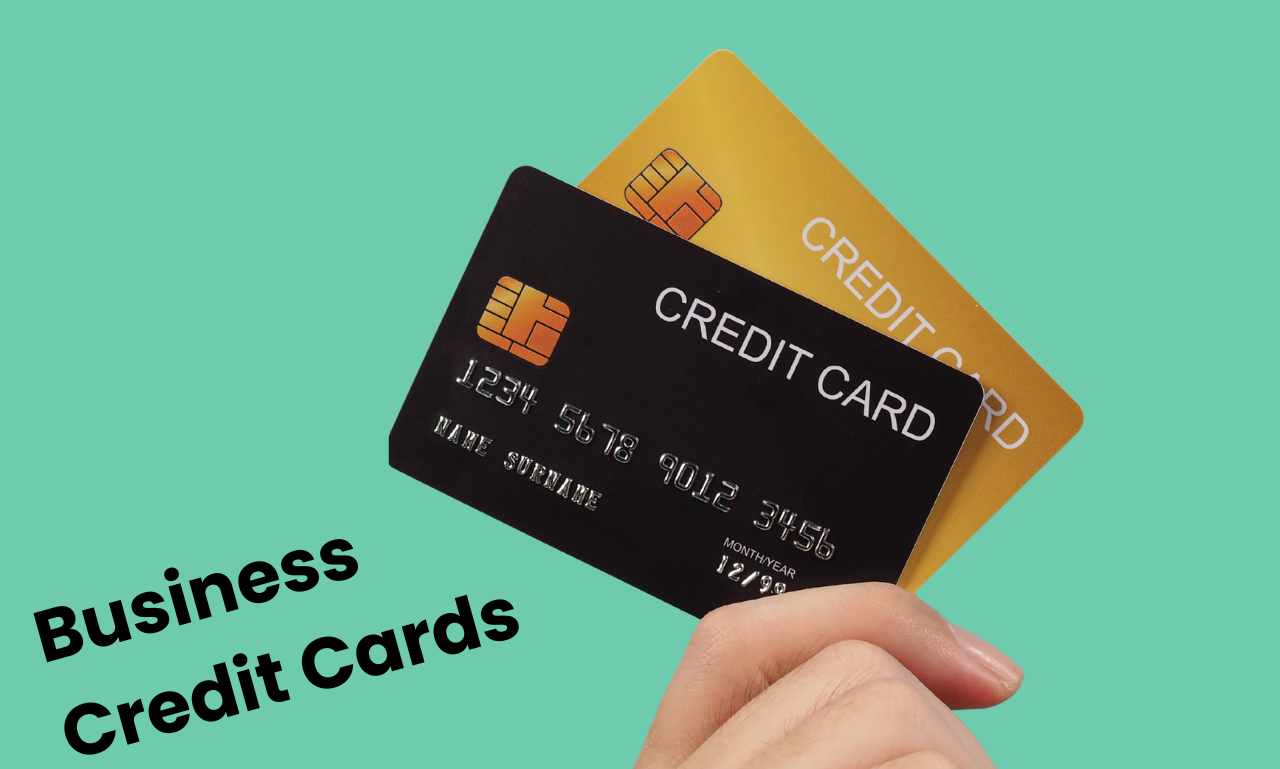Discover how to pick small business credit cards well for your startup. Make smart choices about small business credit cards to help your new business thrive and earn rewards. Starting a new business is an exciting journey, but it also comes with its fair share of financial considerations. One of the essential tools for managing your startup’s finances effectively is a business credit card. Business credit cards offer several benefits, including expense tracking, building business credit, using rewards points and accessing additional capital when needed.
However, with numerous business card options available, it’s crucial to choose the right business credit card that aligns with your startup’s needs and goals. In this guide, we’ll walk you through the steps to help you select the best business credit card for your startup.


- Certified pre-approval Process
- Online Application Available 24/7
- Find a Quote Easily
4
editorial team. We score based on factors
that are helpful for consumers, such as
how it affects credit scores, the rates and
fees charged, the customer experience,
and responsible lending practices.

- Certified pre-approval Process
- Online Application Available 24/7
- Find a Quote Easily
- 100% Online Refinance
4.5
editorial team. We score based on factors
that are helpful for consumers, such as
how it affects credit scores, the rates and
fees charged, the customer experience,
and responsible lending practices.

- Boost Credit Score
- Personal Loans
- Credit repair services
5
editorial team. We score based on factors
that are helpful for consumers, such as
how it affects credit scores, the rates and
fees charged, the customer experience,
and responsible lending practices.
- Big or Small Loan
- All Credit Types
- Fast Funding
4
editorial team. We score based on factors
that are helpful for consumers, such as
how it affects credit scores, the rates and
fees charged, the customer experience,
and responsible lending practices.

- High approval rates
- Financial guidance
- Unlimited access to credit options
4
editorial team. We score based on factors
that are helpful for consumers, such as
how it affects credit scores, the rates and
fees charged, the customer experience,
and responsible lending practices.

- Credit monitoring
- Personalized credit tips
- TransUnion® credit report and score
4.6
editorial team. We score based on factors
that are helpful for consumers, such as
how it affects credit scores, the rates and
fees charged, the customer experience,
and responsible lending practices.

- Provide tax advice
- Debt relief services
- Credit repair services
4
editorial team. We score based on factors
that are helpful for consumers, such as
how it affects credit scores, the rates and
fees charged, the customer experience,
and responsible lending practices.

- Est. APR = 0%
- Fees = None
- Recommended Credit = None
3.6
editorial team. We score based on factors
that are helpful for consumers, such as
how it affects credit scores, the rates and
fees charged, the customer experience,
and responsible lending practices.
Understand Your Needs
The initial step in the application process for selecting a business credit card is gaining a clear understanding of your startup’s financial needs. This involves considering the specific expenses for which you’ll use the statement credit card, such as purchasing inventory, covering operational costs, or funding marketing initiatives. By identifying your spending patterns and priorities, you’ll be better equipped to choose a statement credit card that provides benefits and rewards aligned with your business requirements.
For instance, if your startup frequently makes purchases related to other business purchases of inventory or supplies, a credit card with cashback rewards or discounts on business-related purchases or services could be advantageous. On the same, cash rewards give back on every other hand, if your focus is on expanding marketing efforts, a card offering rewards or benefits tailored to advertising spend may be more suitable.
Understanding your spending patterns also helps in assessing the potential impact of fees, interest rates, cash back, rewards, and credit limits on your business operations. By aligning the features of a credit card with your startup’s financial needs, you can maximize the benefits of cash back and rewards while effectively managing expenses and maintaining a positive cash flow.
Compare Rewards Programs
Business credit cards often come with rewards programs that allow you to earn cash back, points, or miles for every dollar spent. Compare the various points and cash back rewards offered by different cards and choose one that aligns with your business spending.
For your travel rewards for example, if your startup involves frequent travel, a card with travel rewards and airline miles in select categories may be beneficial. On the other hand, if you focus more on purchasing supplies, a card with cashback rewards on office supplies, employee cards or other business-related purchase categories would be ideal.
Check Fees and Interest Rates
Before committing to a small business credit card, carefully review the fees and interest rates associated with each card. Common fees for small business credit card include annual fees, late payment fees, foreign transaction fees, and balance transfer fees. Opt for a card with a low annual fee or no annual fees and competitive interest rates to minimize costs for your startup. Additionally, be aware of any promotional introductory offers, such as 0% APR for the first few months, which can provide temporary savings on purchases or balance transfers.

Evaluate Credit Limit and Spending Flexibility
When choosing a business credit card, it’s crucial to consider the credit limit offered by each card and ensure it aligns with your startup’s financial requirements. The credit limit represents the maximum amount of money you can borrow back on every purchase you made on your credit card that calendar year. A higher credit limit can offer greater flexibility, allowing you to make larger purchases or address unexpected expenses that may arise in the course of running your business.
However, it’s important to use credit responsibly and avoid maxing out your card. Maxing out your credit card or consistently utilizing credit line as a large portion of your credit limit can have negative consequences, such as impacting your credit score negatively. High credit utilization may signal to creditors that you are relying heavily on credit, which can be viewed as a risk factor.
To avoid these pitfalls, it’s recommended to use your credit card judiciously and stay within a reasonable utilization rate, ideally below 30% of your credit limit. By managing your credit responsibly and making timely payments, you can maintain a positive credit profile while leveraging the benefits of a higher credit limit for your personal expenses and startup’s financial needs.
Review Customer Service and Support
Having good customer service is really important when you have a business credit card. You should choose a card from a company that is known for having helpful customer support. They should offer easy ways to manage your company or account and protect you and free employee cards purchases and other purchases from fraud.
A reliable customer service team can help you with questions about your account, handle any problems or disputes, and make sure everything runs smoothly for your own account or startup businesses account.
Consider Additional Benefits and Perks
Apart from rewards and low fees, some business credit cards come with extra bonus benefits that can be really useful for your startup. These bonus points and perks may include things like travel insurance, protection for purchases, longer warranties one travel elsewhere, access to airport lounges, and discounts on services your business might need.
Take some time to think about these added benefits and see which ones would be most helpful to pay for your small business credit now. Then, pick a credit card that offers these perks so you and employees can get the most value out of paying for it.

Read Reviews and Seek Recommendations
Before you make your final decision, it’s a good idea to read reviews from other small business owners, who have used different credit cards. Their thoughts and feedback can give you helpful information about the advantages and disadvantages of each card. This will help you make a smart choice.
You can also ask for advice build credit, from financial experts or other entrepreneurs who understand your startup’s needs. Getting personalized guidance can be really helpful in picking the right credit card for your business.
Stay Within Your Budget and Use Credit Wisely
Using a business credit card wisely is very important. You should always stay within your budget and not spend too much on personal credit cards. If you carry a big balance on your business card though, it can cause money problems and make it hard to pay cash back on every of what you owe. To avoid this, only use your credit card for planned business expenses.
Keep an eye on how much you’re spending many business credit cards by checking your statement credit and statements regularly. Make sure to pay your business credit card bill on time every month. This will help you keep a good credit history for your startup.
Choosing the right business credit card for your startup involves careful consideration of your company and personal financial needs, rewards programs, interest charges and fees, credit limits, customer service, additional benefits, and responsible credit usage. By following these steps and conducting thorough research, you can select a business credit card that supports your startup’s growth, provides valuable benefits, and helps you manage your personal finances effectively.

Frequently Asked Questions
Can you use an EIN to get a credit card?
Some banks and credit card companies only accept EINs and not the SSNs. Many will also need a personal identification card for compliance even when the card is not in use.
Can an LLC get a business credit card?
Currently businesses can obtain credit cards from banks and offer a simple and efficient way of managing their expenses. These cards help distinguish personal and commercial finances and also give you the opportunity to grow your personal credit.
Is it hard to get a business credit card?
There are no less business credit cards available to people who want to purchase or qualify for them.


 Read More
Read More 





2 Responses